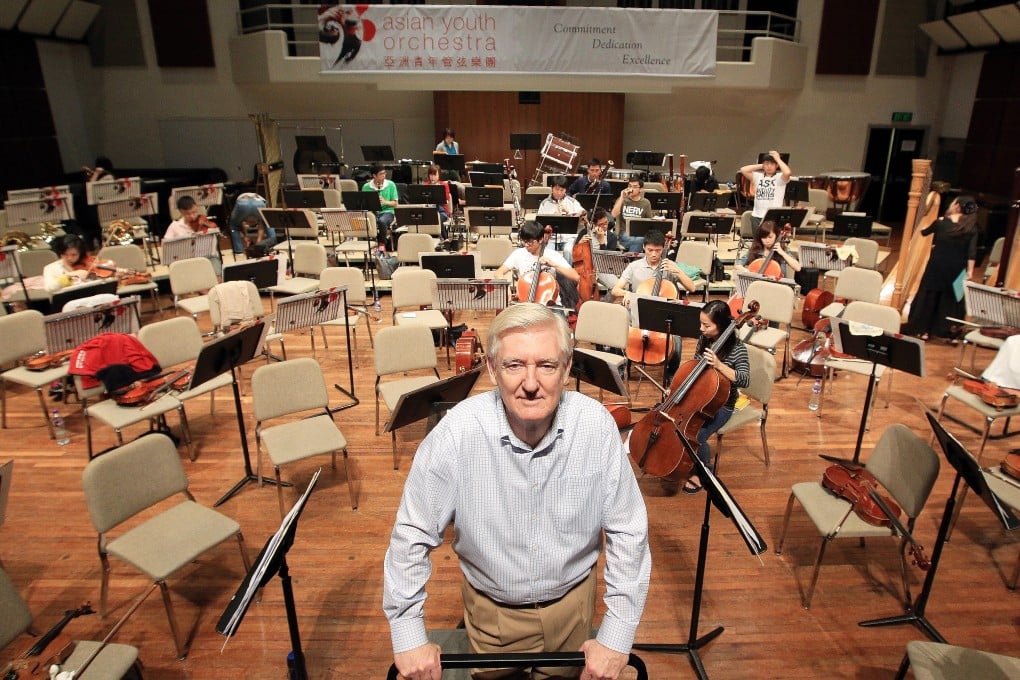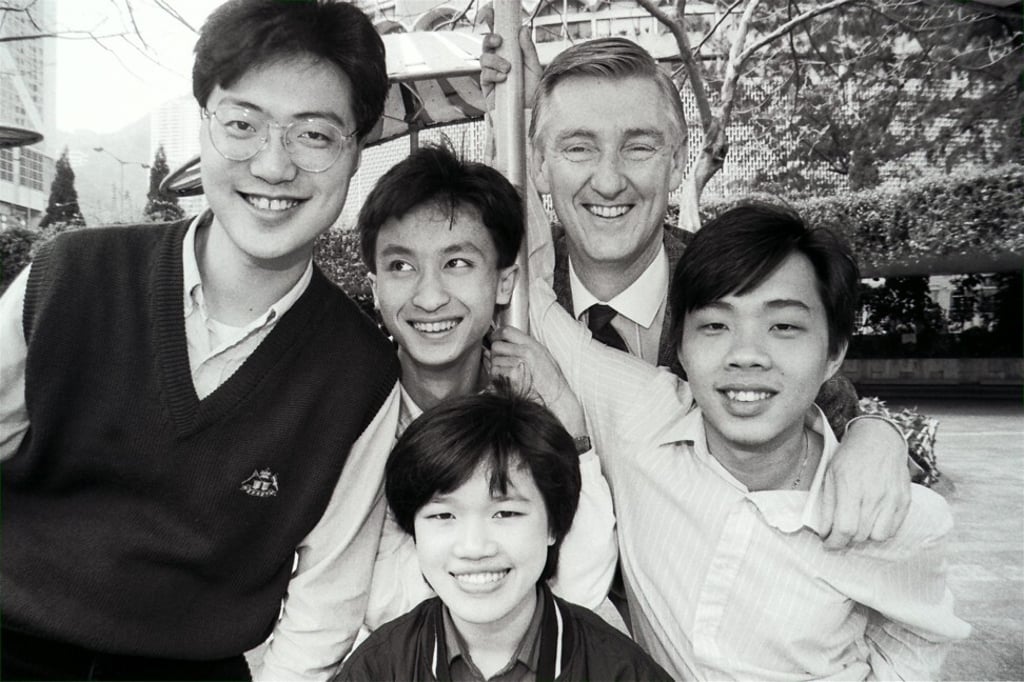Obituary | Asian Youth Orchestra co-founder Richard Pontzious, who has died aged 76, nurtured and inspired thousands of young musicians
- Pontzious created the orchestra after witnessing the frustration of talented young musicians in Asia who lacked the opportunity to develop their careers
- He secured major backers to help the Hong Kong-based orchestra, which takes young musicians on tour each summer, and received the Silver Bauhinia Star in 2016

Richard Pontzious, co-founder of the Asian Youth Orchestra (AYO) and dedicated nurturer of musical talent, died on Christmas Day at the age of 76.
He had recently returned to Hong Kong in seemingly good health from the United States, where he had a second home, but was admitted to hospital in late September with pneumonia – the cause of his death, and not Covid-19, the orchestra said on Wednesday.
He swapped Taiwan for Tokyo in 1968 to teach for five years at St. Mary’s International School before returning to the US to study for a master’s degree in music at San Jose State University. After a stint as music critic of the San Francisco Examiner, he returned to Asia in 1983 to join the Shanghai Conservatory of Music as conductor-in-residence.

It was there that he came up with the idea of an orchestra for young Asian musicians. No matter where he worked in Asia as a teacher and music director, he would witness the frustration felt by young musicians who saw a lack of opportunity to develop their careers and to perform close to home. And so in 1987, he moved to Hong Kong to develop the idea of the orchestra.